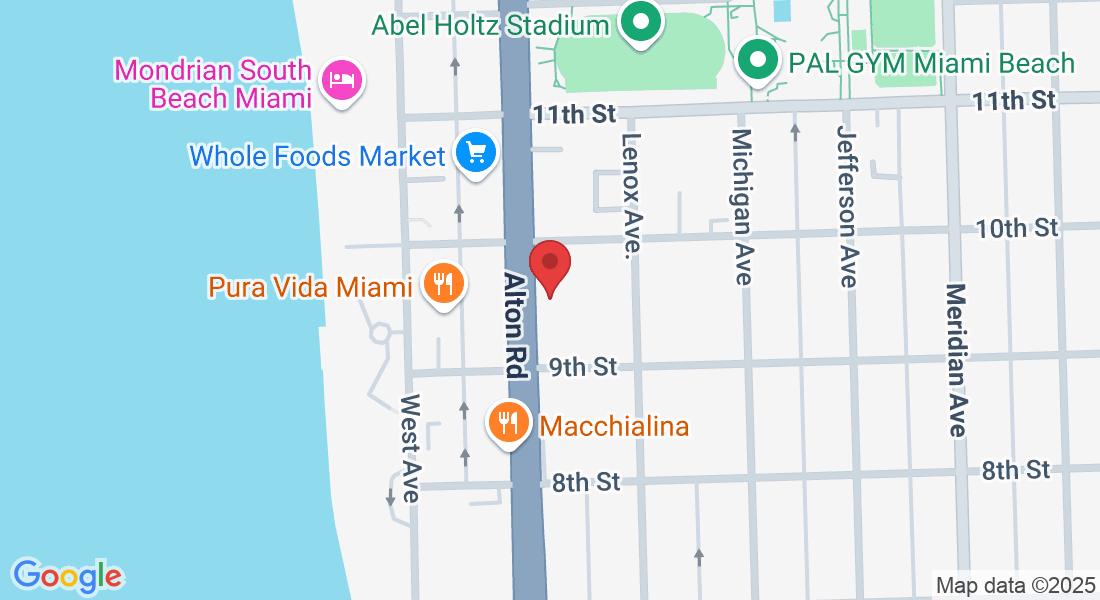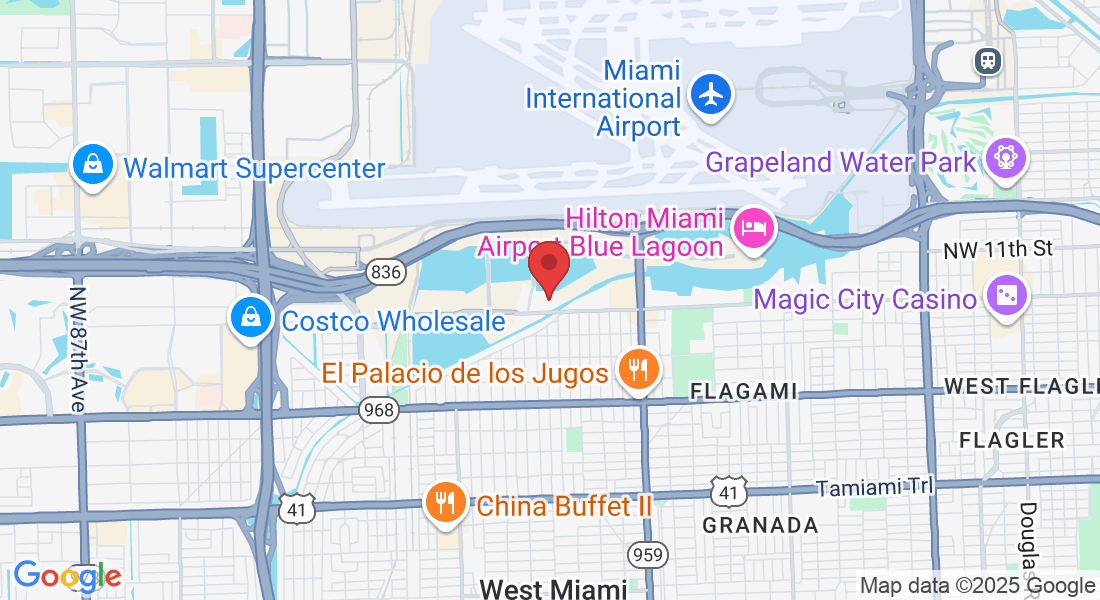📞Call Now: (305) 987-3053
THE ULTIMATE GUIDE FOR MIAMI WAREHOUSE OWNERS
How to Sell for Top Dollar-Fast!
Who is Buying Your Warehouse
Now, let’s talk about who is buying your warehouse and why.
Let's start from the beginning. Typically, buyers of warehouses are going to fall into one of two buckets or a hybrid of the two. Here's what I mean.
Owner users are people who are not only purchasing the property to own it but also to occupy it, as opposed to investors who are buying so that they can invest their money and get a return. Pretty standard and obvious.
Now, let's talk about the importance of understanding who's going to buy your warehouse and how it affects pricing as well as how you position it.
So, owner users—if you really think about it—let's say Bob is buying a building to run Bob's transmission shop out of, and he wants to help his customers, and he's the only occupant of the building. He is buying it, and his primary concern is the growth and operation of his business. His most important concern is if the building fits his business’s needs both today and in the future?
Now, what's interesting and what we've learned over the years—and it's been proven over and over again—is that someone like Bob, an owner user, will overpay—or I should say pay a premium—to what some would consider the market value of the property because his primary concern is the operation of his business. He's not looking at whether it's a 7% rate of return or a 7.2% rate of return. He's saying, "Will my lifts fit? Will my secretary have enough room? Is there enough parking out front? Can my workers wash up in the warehouse area?" That type of thing.
So, owner users look at buildings from a very different perspective than investors.
Now let’s talk investors—we have an old saying in the business:
If it doesn’t make dollars, it doesn’t make sense…
Their number one concern is the return on their investment. So they're going to pencil it out. They're going to look at it and say, "Does it make sense? Does it not make sense? Is it a pass or is it a go?" That’s it.
The way investors look at properties is a lot more removed because, frankly, they're not even going to be occupying the property. Sometimes investors will never even step foot on the property. I know many triple-net investors that own properties all across the country that they've never even been to. But the point is, investors look at a building from a purely analytical lens:
- Does it make sense?
- Is this a good fit for my portfolio?
- Does it make the return that I’m looking for?
That’s it. So when we're positioning the property, we're going to position them very differently. Owner users are going to be more concerned with the physical characteristics of the building. Will I be able to get enough of my trucks in the parking lot? Will I be able to get enough customer parking? If someone is buying it to distribute their goods out of, will I have enough clear height because of how I need to stack things? All that comes into play.
Investors, on the other hand, look at the income stream, the lease rolls, the expenses, the tenant profiles, the cap rate, and the market comps.
Now, let's talk about some specialized buyers:
- REITs (Real Estate Investment Trusts): These guys borrow at really low rates—like 3.5% to 4.5%—compared to mom-and-pop investors who might be borrowing at 6.5%. Because of this lower cost of capital, REITs can afford to buy properties at lower cap rates. So they can pay more, all else equal.
- Institutional buyers: Large firms who buy portfolios of buildings. They tend to focus on tenants with creditworthy national tenants and long-term leases. Set it and forget it type tenants…
- 1031 Exchange buyers: These buyers are sellers who have sold one property and want to defer capital gains taxes by reinvesting proceeds within 6 months. They may overpay in order to complete their exchange.
Each buyer type has a slightly different “language” and motivation. Understanding that will help you tailor your sales process.
What’s Next
In the next section, we’ll talk about red flags that scare buyers away and how to strategically prepare your warehouse for maximum value.
Stay tuned—and if you're curious about what your warehouse could sell for today, visit www.darkhorse-commercial.com.
Thanks for reading. Let’s get you Top Dollar.
Assistance Hours
Mon – Fri 9:00am – 5:00pm
Phone Number:
(305) 987-3053
CONTACT US
Assistance Hours
Mon – Fri 9:00am – 4:00pm
Phone Number:
(305) 987-3053


